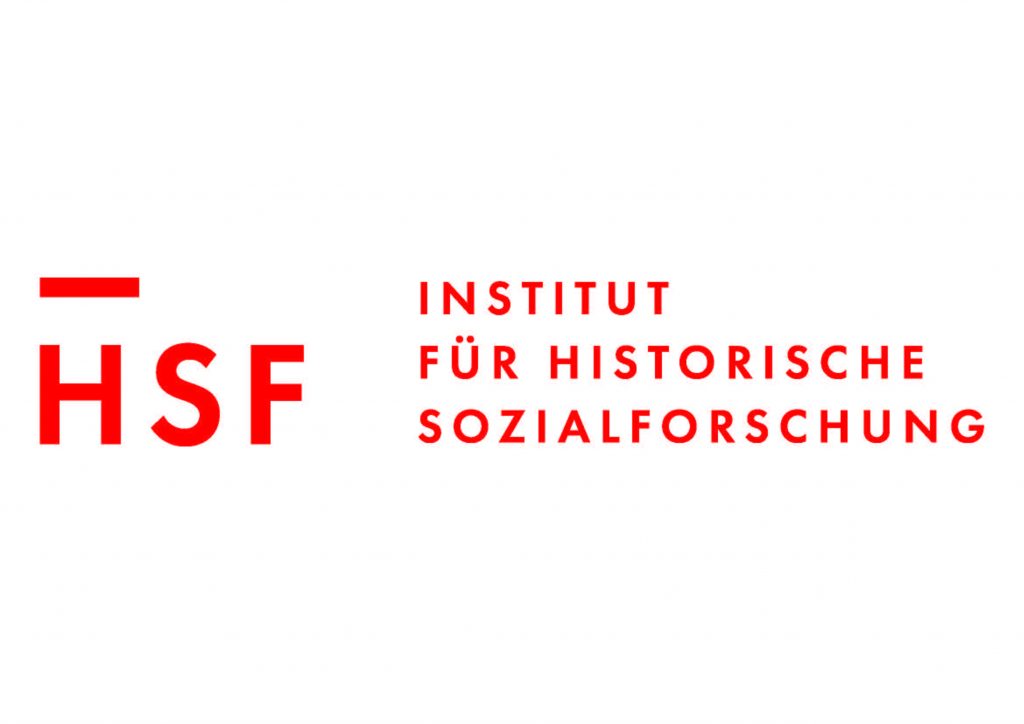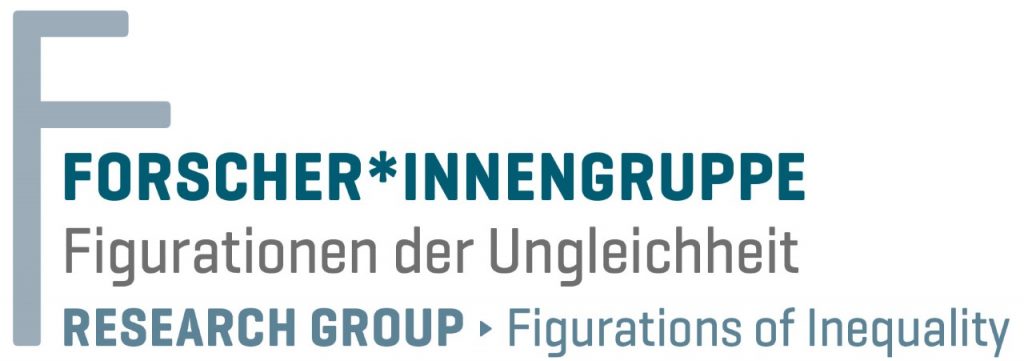WORCK Conference 2 / ELHN Conference 4: Historicising the Concept of Europe in Global History
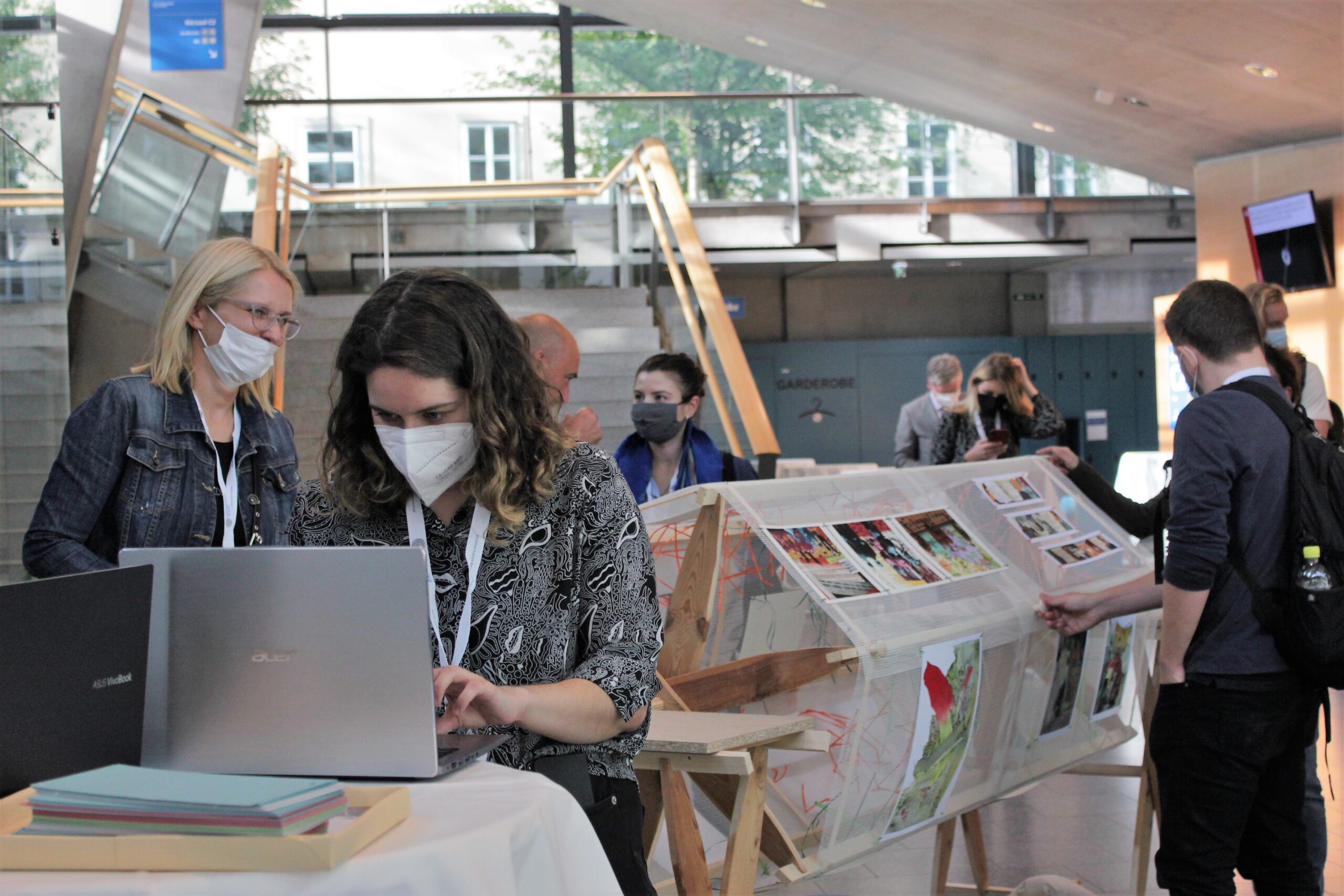
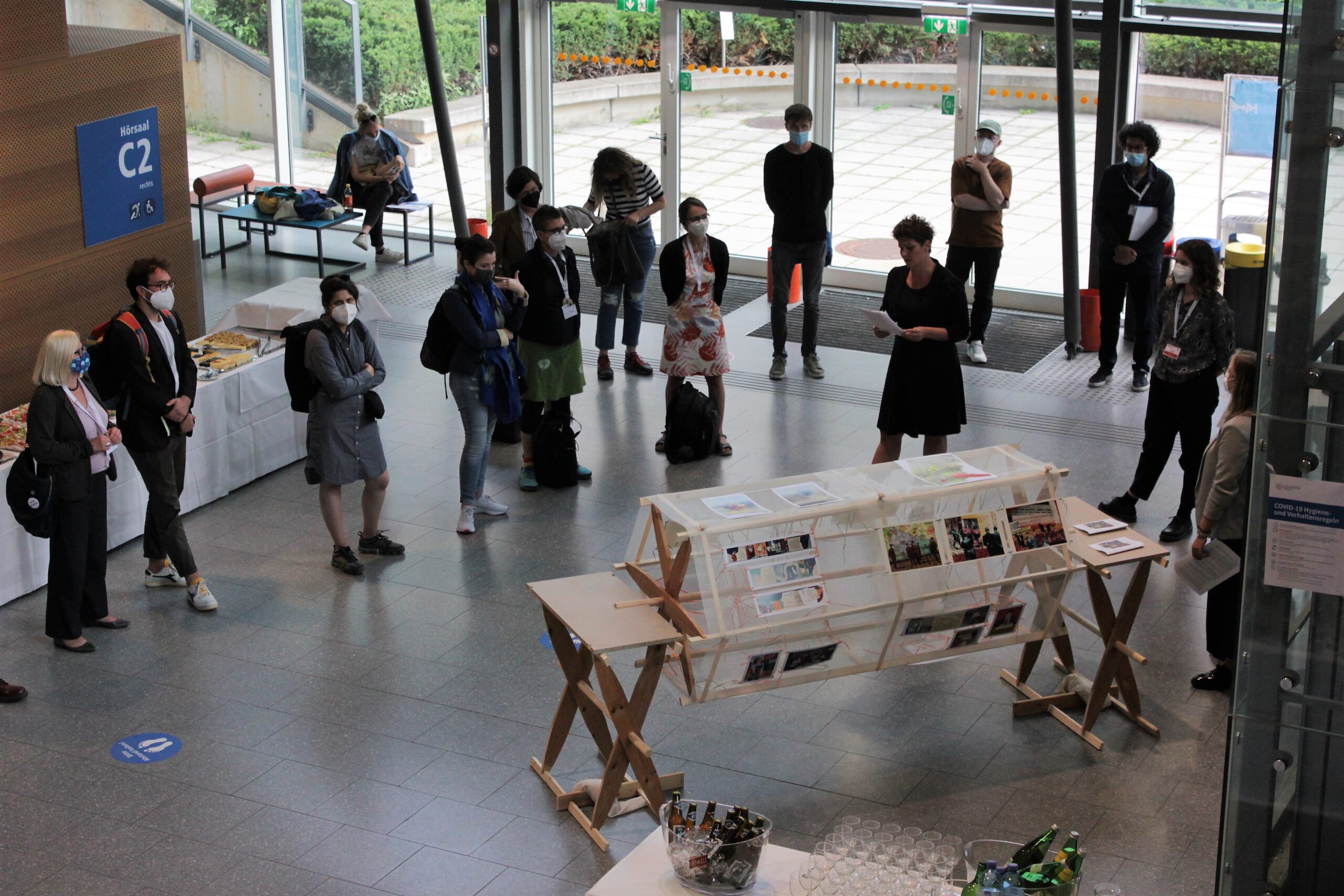
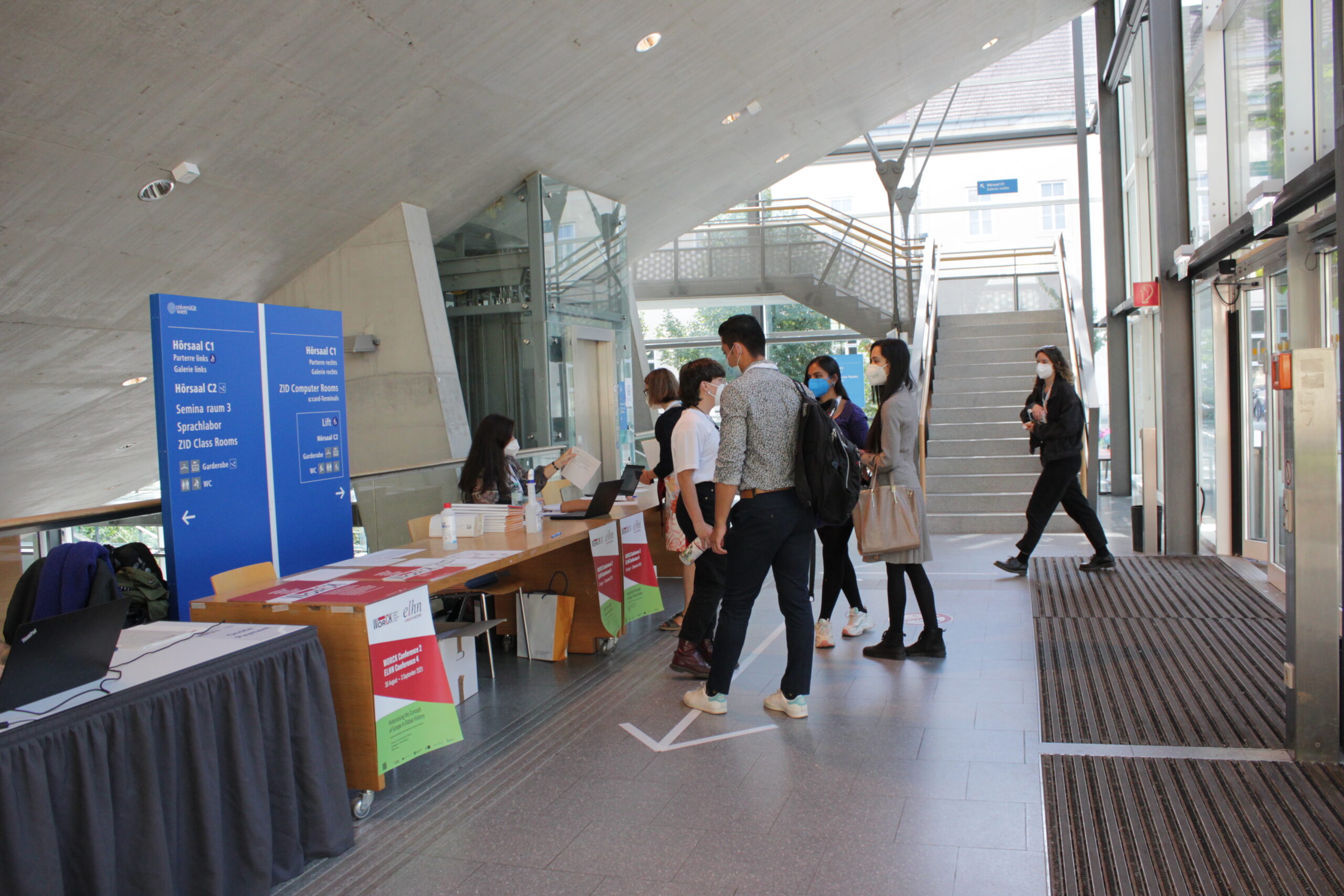
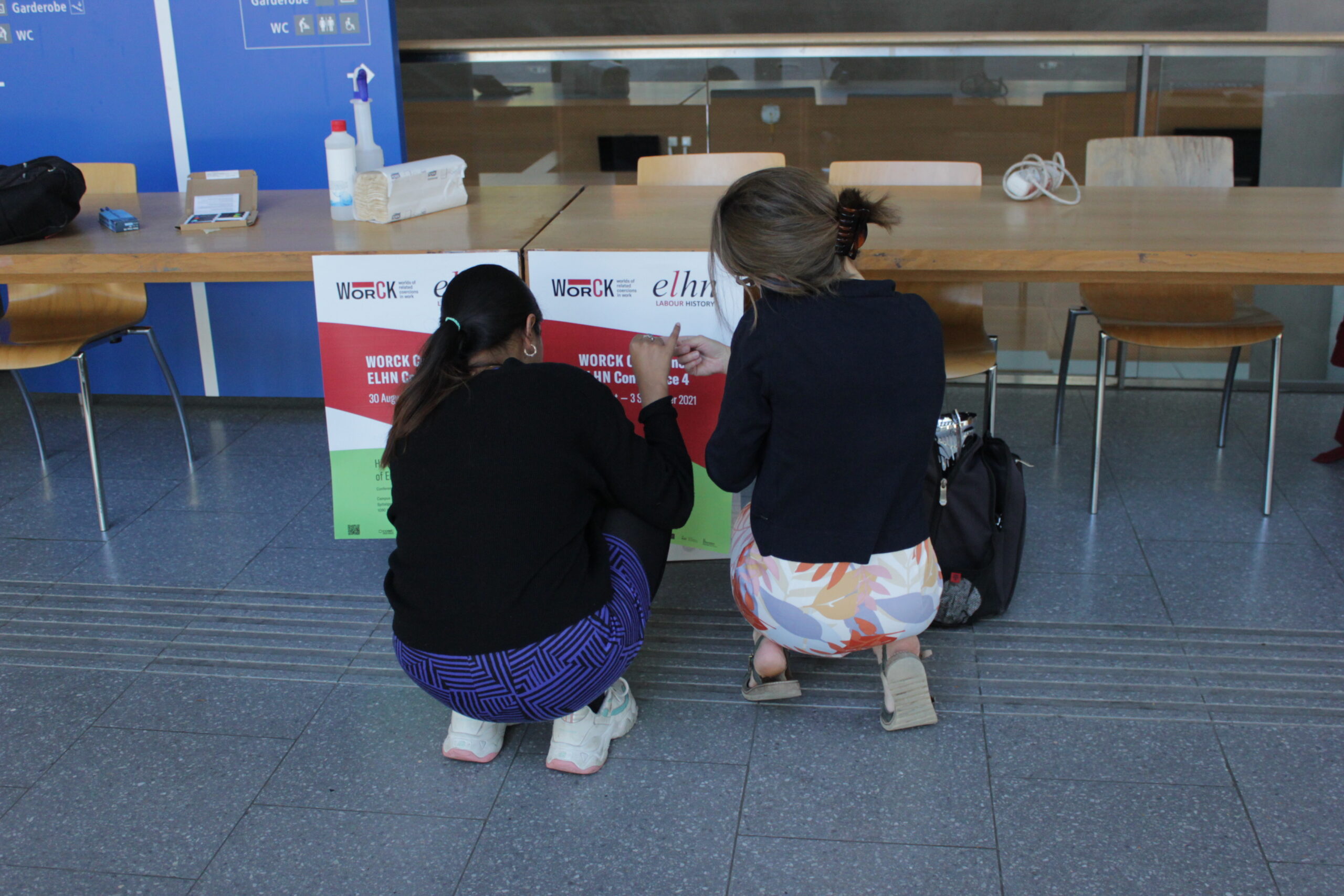
30 August–3 September 2021: Vienna, Austria
Local Host: University of Vienna (Austria)
Conference venue: Campus of the University of Vienna, Spitalgasse 2 / Alser Straße 4, A-1090 Vienna
Contact Persons: Juliane Schiel, Teresa Petrik, Laura Šukarov-Eischer
About the Conference
From 30 August to 3 September, the joint conference of the COST Action “Worlds of Related Coercions in Work (WORCK)” and the European Labour History Network (ELHN) in Vienna brought together labour historians from two networks aiming to enable collaborative research amongst scholars from all over Europe and beyond. The European Labour History Network (ELHN) was founded in 2013 and has since hosted biennial conferences, structured around its Working Groups. The COST Action WORCK is an international network, which initially emerged out of the Working Group “Free and Unfree Labour” of the European Labour History Network. The conceptual goal of the network is to study labour and power relations in different time periods, world regions and social context through the analytical lens of coercion, in order to link the stories of work and production with those of violence, expropriation and marginalisation, and bridge the gaps between hitherto separate subfields in labour and social history.
The first three days of the conference were dedicated to the activities and individual projects of the working groups of both networks, while the last one and a half days were devoted to a specific topic of the WORCK network: Under the title “Historicising the Concept of Europe in Global History”, WORCK invited for a discussion on the conceptual role of Europe in global labour history. The conference sought to provide an environment for a much-needed conversation on these fundamental topics in social, labour and global history, and was driven by the aim of contributing to a more differentiated view on Europe in debates on master narratives and inequalities in global history. In terms of its format, the conference was designed to foster exchange and conversation. This was notable especially on the fourth day, where rather than traditional panels, there were three thematic panels, each featuring input from invited speakers and discussants. In each roundtable, the plenary discussion was structured by key questions and key words, connecting the various inputs to the central theme of the conference. A reader collecting central texts selected by the invited speakers was circulated beforehand amongst the participants, in order to facilitate a more focused joint discussion.
Online and On-Site Participation
The conference was carried out as a hybrid event and provided a rich and diverse programme, with up to nine different sessions taking place parallel. Overall, the event entailed 81 parallel sessions. 361 participants from 43 countries all over the world took part in the event, both onsite at the Campus of the University of Vienna, as well as online. The whole conference was realised in an innovative hybrid-setting, connecting around 100 participants onsite at the campus of the University of Vienna with more than 250 online participants. Digital tools were incorporated in the session themselves, but also used to enable the online participants to take part in social and networking activities, such as a virtual tour of Vienna, or daily virtual coffee breaks.
A large part of the conference was composed of panels organised by the fourteen Working Groups of the European Labour History Network, demonstrating its wide thematic scope: Central-East Europe, European Trade Unionism, Factory History, Feminist Labour History, Labour and Empire, Labour and Family Economy, Labour in Mining, Labour Migration History, Maritime Labour History, Military Labour, Memory and Deindustrialisation, Remuneration and Bargaining, Workers’ Education and The Cultural Production of Work. Those panels consisted of paper presentations by the Working Groups’ members, and allowed for discussions on recent research in each sub-field of Labour History. Apart from these sessions, the conference was framed a variety of different formats, which will be further explored in the following section.
“Stories of Work and Coercion: Scientific Contributions Depicted in Illustrations”
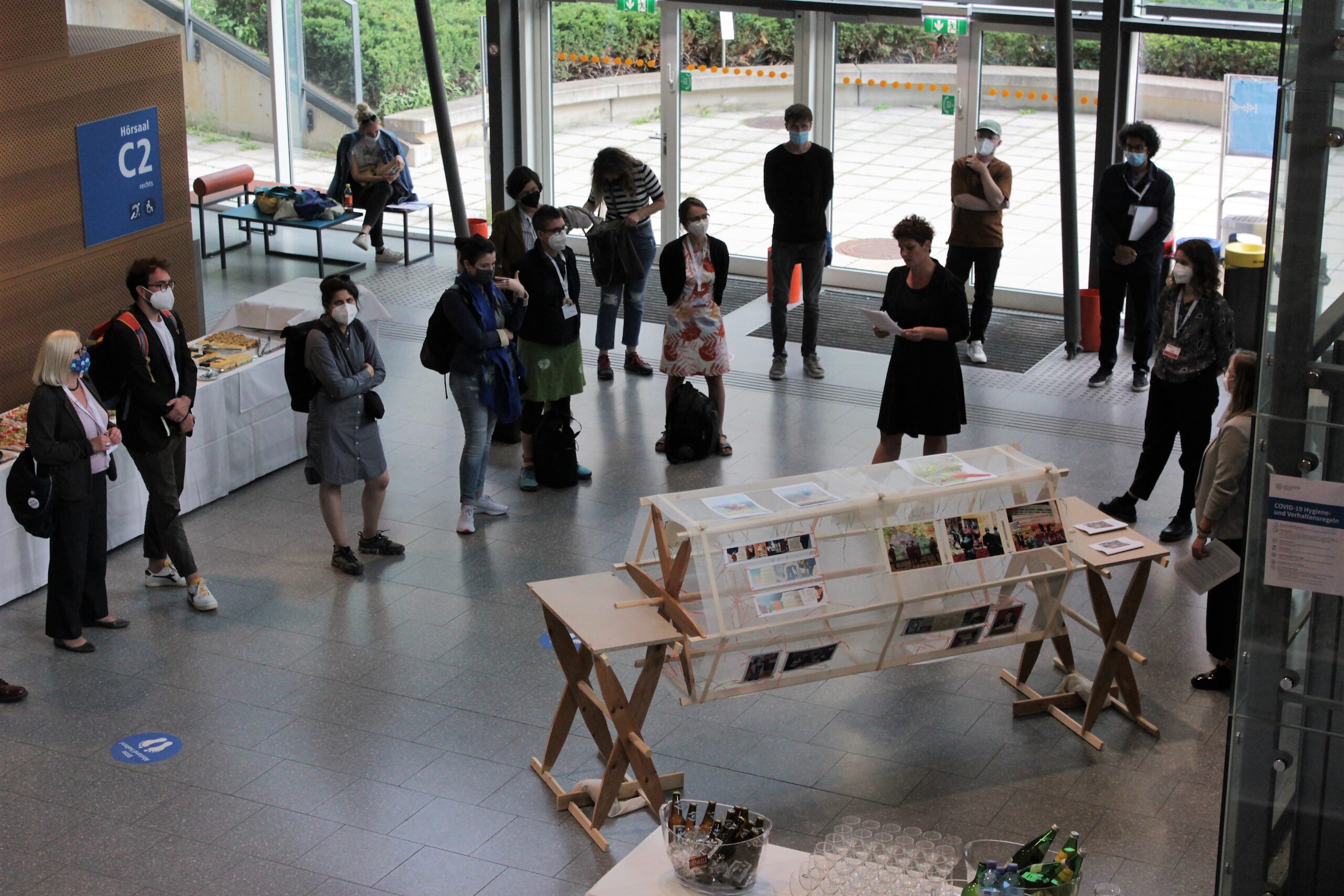
The exhibition “Stories of Work and Coercion: Scientific Contributions Depicted in Illustrations” by CORINNA PERES (Vienna) and ANAMARIJA BATISTA (Vienna) aimed to bring scientific and artistic perspectives into dialogue by translating textual narratives about coercion in work into illustrations.
Programme and Abstracts
The conference was opened by JULIANE SCHIEL (Vienna) and SILKE NEUNSINGER (Swedish Labour Movement’s Archive and History), representing the two hosting networks. After this introduction, JANINE DAHINDEN (Neuchâtel) gave a lecture on the concept of “entangled mobilities” in order to analyse the embeddedness of individual mobilities within asymmetrical power relations. In the afternoon, with the opening of the exhibition “Stories of Work and Coercion: Scientific Contributions Depicted in Illustrations” by CORINNA PERES (Vienna) and ANAMARIJA BATISTA (Vienna), an innovative project which aims to bring scientific and artistic perspectives into dialogue by translating textual narratives about coercion in work into illustrations was presented. The vernissage provided space for discussion with both authors and illustrators. Lászlo Andor ÁSZLÓ ANDOR ended the first conference day with a keynote on “Social Rights in Europe and the East-West-Gap”, addressing the role of EU policies in battling social and economic inequalities within Europe.
The conference also sought to give room for training and reflection on methodological questions, with a two-part workshop by SILKE SCHWANDT (Bielefeld), PATRICK JENTSCH (Bielefeld) and TOBIAS HODEL (Bern) on the utilisation of digital humanities methods and tools for historical analysis. In this session, the possibilities and limitations of digital tools were debated, the workflow tool NOPAQUE, which enables text recognition and semantical analysis, was introduced, and the possibilities of publishing data on the WORCK Publication Platform[1] were discussed.
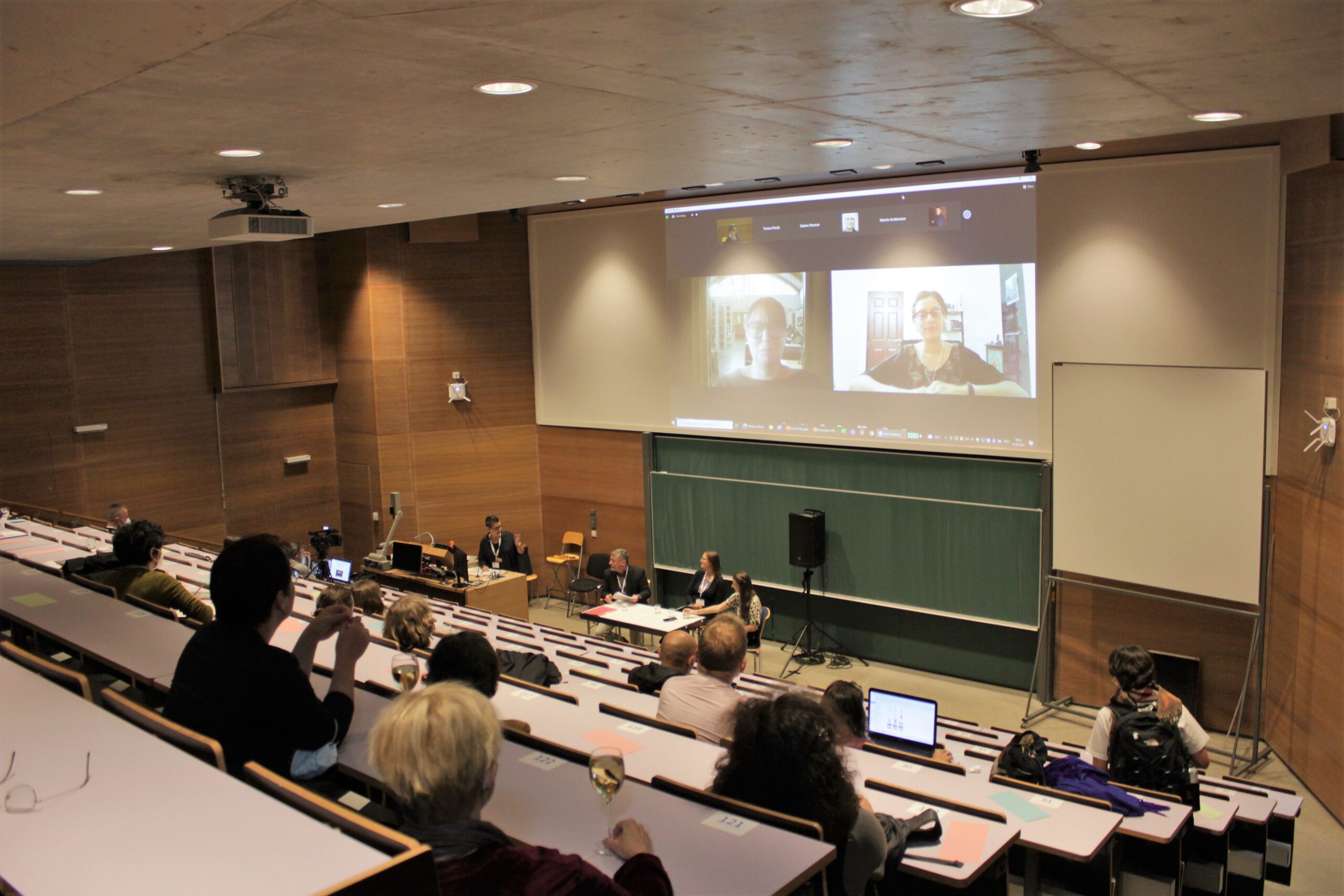
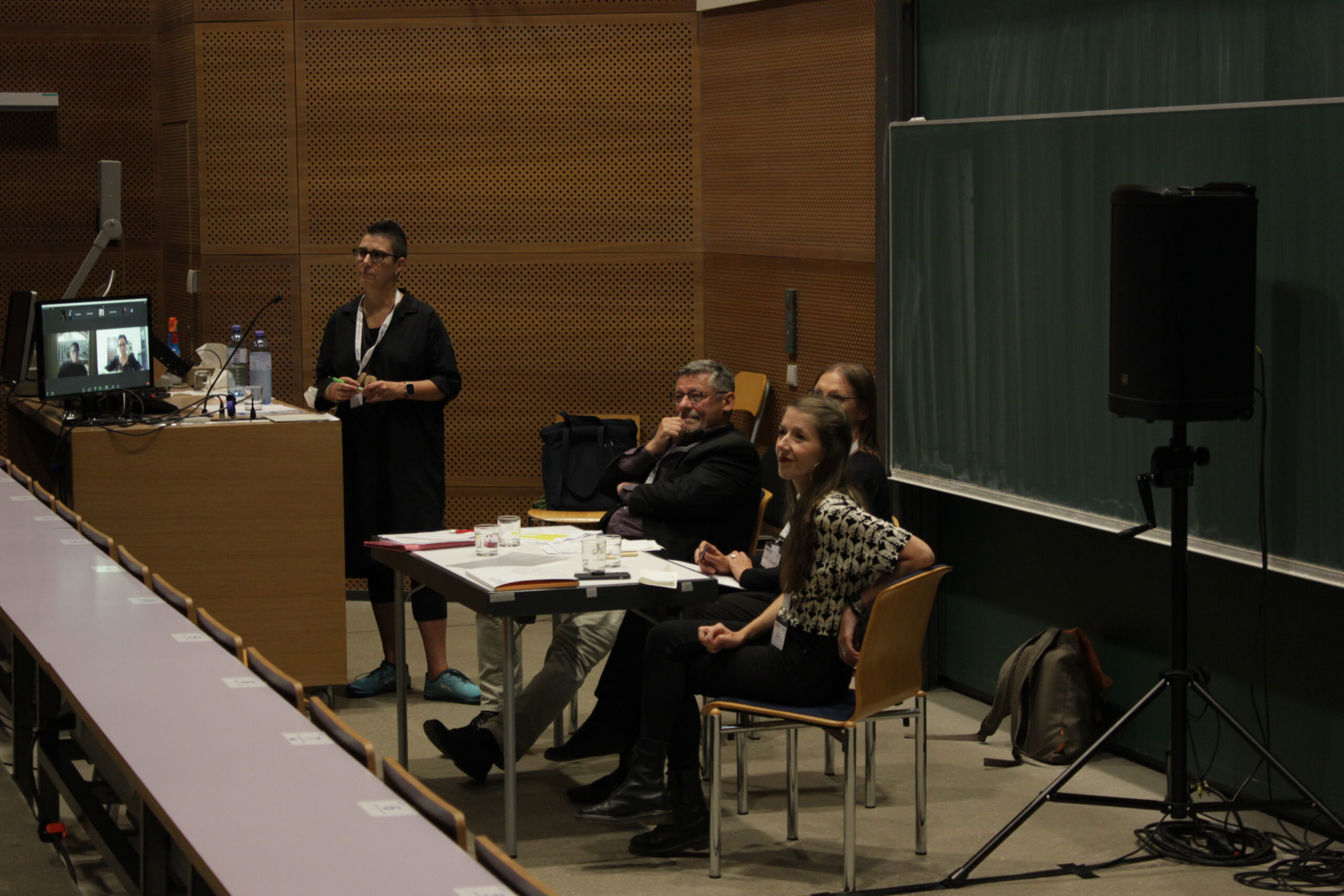
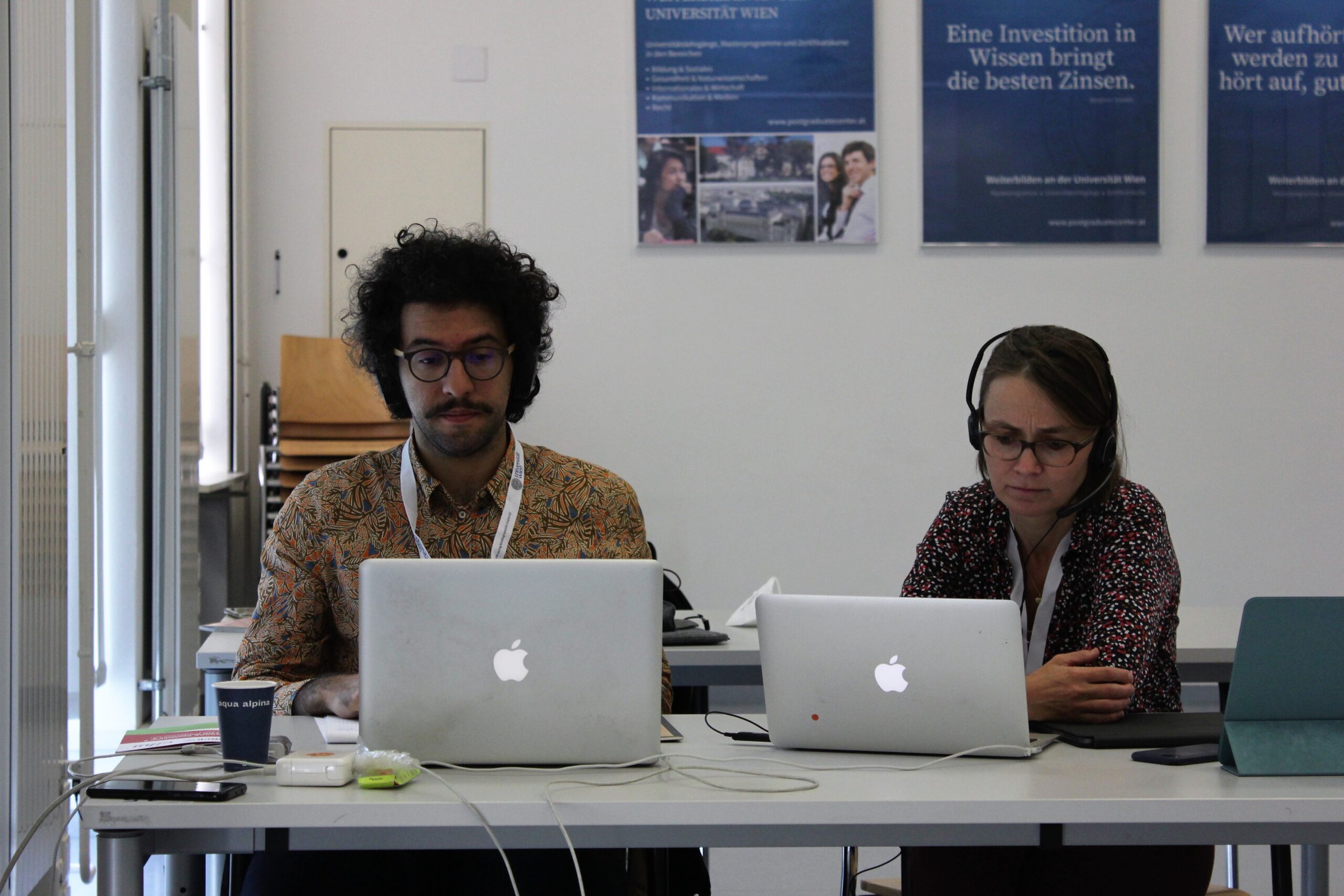
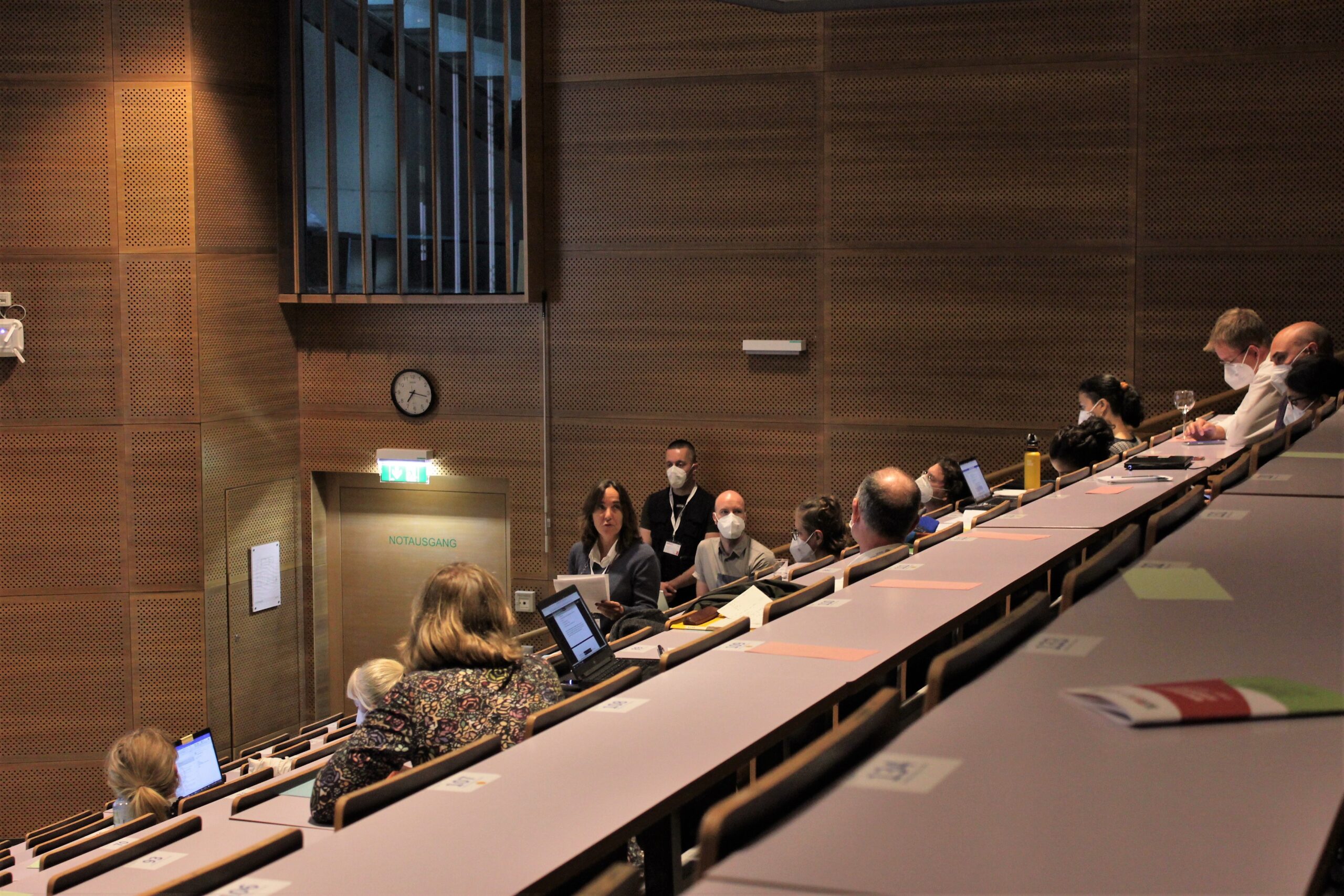
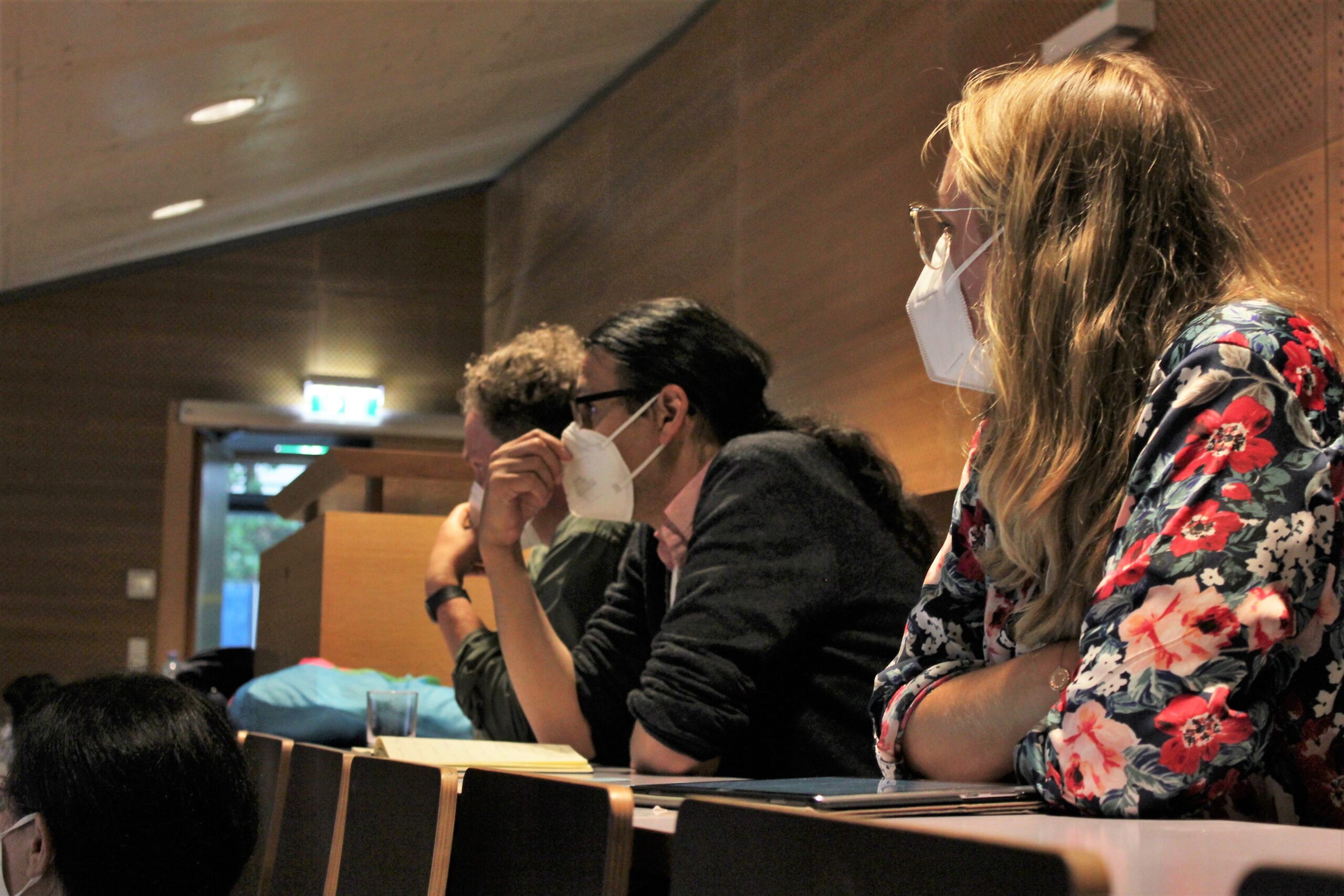
The WORCK Conference 2 / ELHN Conference 4 successfully provided a space for bringing together scholars studying labour relations across time and space. While there was a great diversity in different topics, the event was not limited to the discussion of current outcomes of research, but was able to facilitate more fundamental conceptual and methodological discussion surrounding the possibilities and challenges of researching labour and coercion from a global perspective. It also offered space for (self-)reflection on Eurocentrism within labour and social history, and tried to move towards conceptualising Europe differently. While the hybrid format certainly was challenging at times, it also succeeded in offering more scholars from all over the world the opportunity to participate, and made the conference even more diverse.
A full report of the conference can be found here. The full conference programme and the paper abstracts can be downloaded through the following links:
WORCK Conference Reader_Historicising Europe in Global History [PDF]
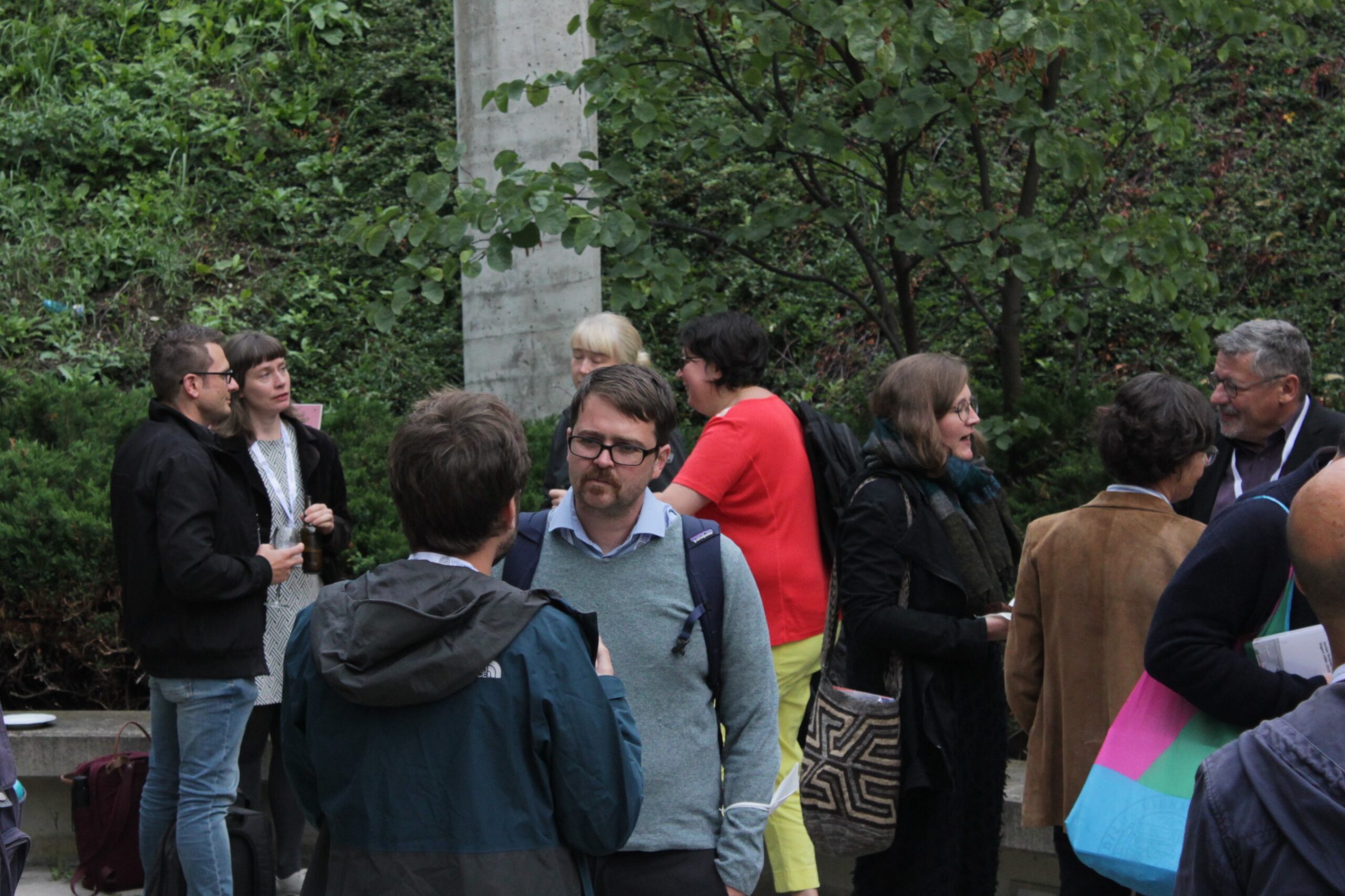
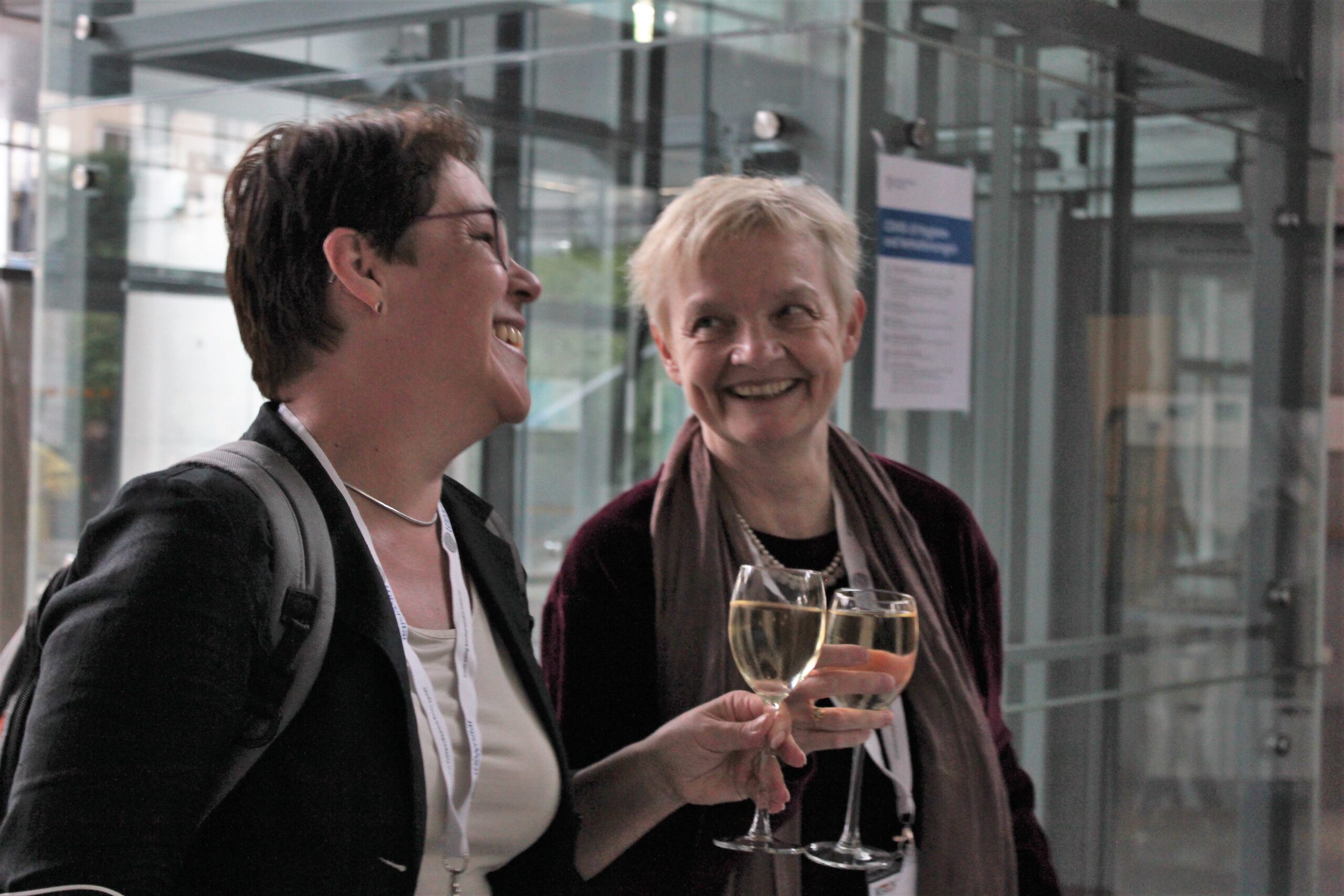
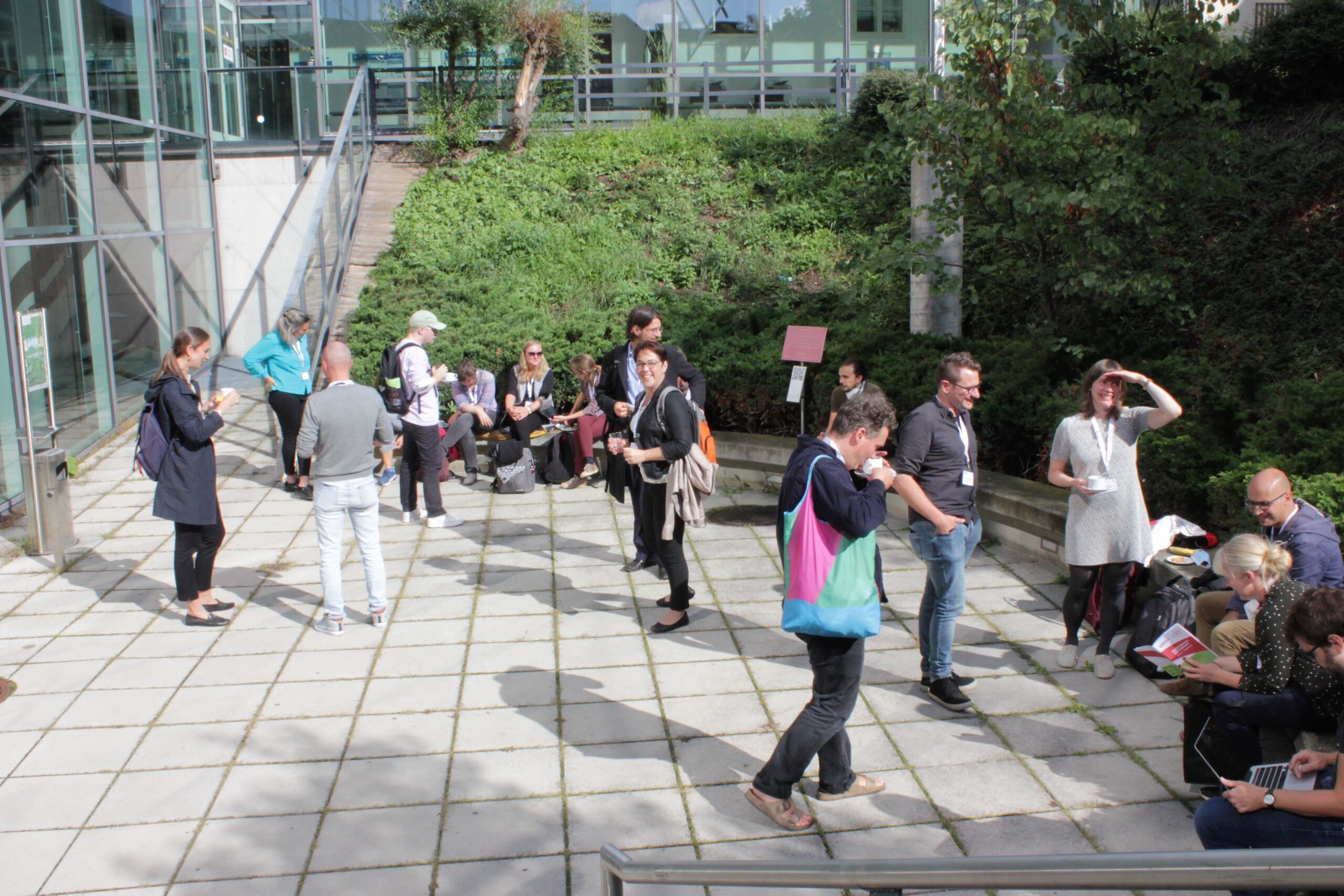
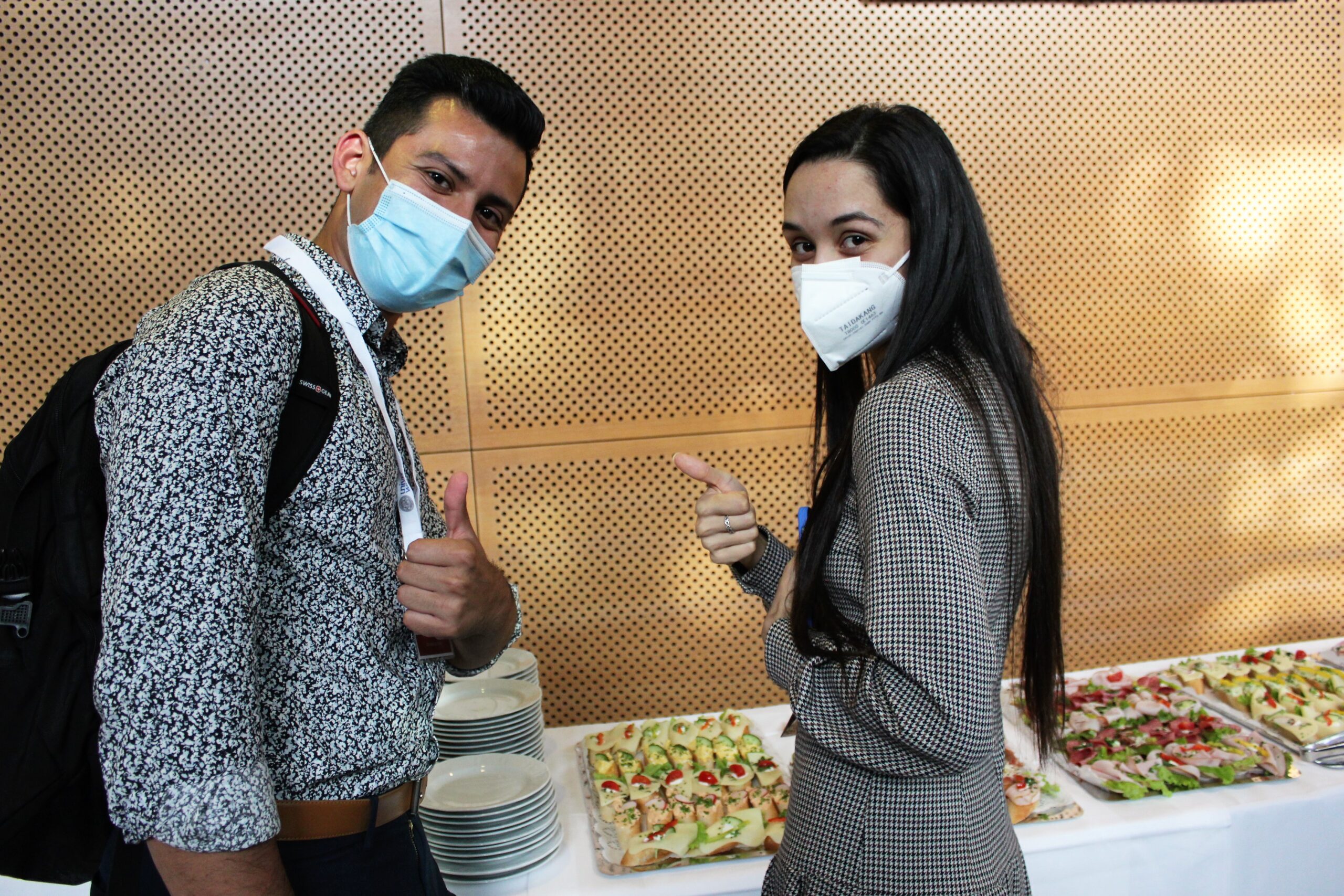
This conference was held with the friendly support of
- COST
- Arbeiterkammer Wien
- Rectorat of the University of Vienna
- Deanary of the University of Vienna
- Research Group “Figurations of Inequality” of the University of Vienna
- Forschungsschwerpunkt Globalgeschichte” of the University of Vienna
- Department of Economic and Social History of the University of Vienna

